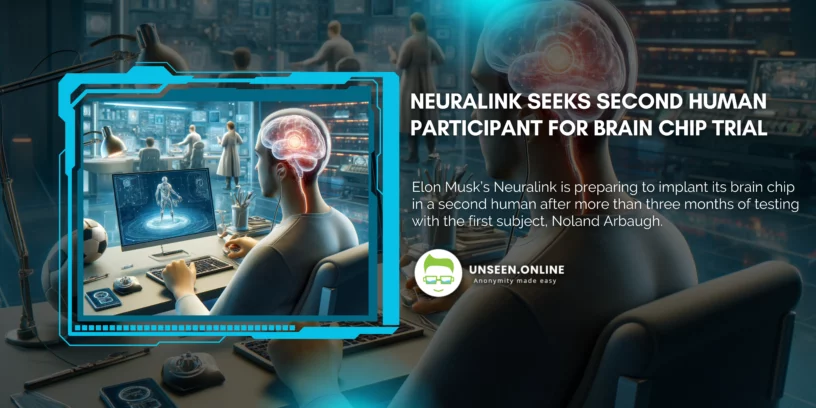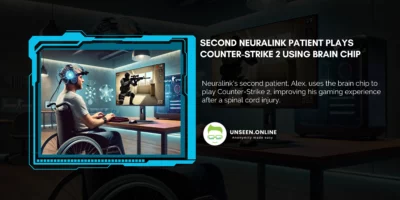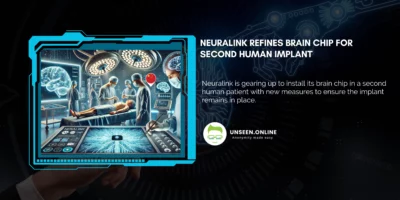Elon Musk’s Neuralink is preparing to implant its brain chip in a second human after more than three months of testing with the first subject, Noland Arbaugh. Musk announced on Thursday via Twitter that Neuralink is accepting applications for the second participant. The company’s Telepathy brain implant allows users to control electronic devices with their thoughts.
The recruitment video shows Arbaugh’s surgery in January and highlights how the chip has transformed his life. The N1 chip, which has 64 threads containing 1,024 electrodes, reads brain activity and converts it into Bluetooth commands. Arbaugh, a quadriplegic, can now control his laptop, play video games, and interact on social media by thinking.
Despite the impressive results, challenges have arisen. Some electrode threads retracted from Arbaugh’s brain a month post-surgery, reducing the chip’s performance. Neuralink adjusted the software to compensate, and Arbaugh’s performance improved beyond initial benchmarks. However, the cause of the thread retraction remains unclear.
Animal testing had not shown such significant thread shifts, possibly due to smaller brain sizes compared to humans. Additionally, Arbaugh’s thicker-than-average skull may have complicated the thread placement. Neuralink aims to resolve these issues in future trials.
The company is particularly interested in candidates who are quadriplegic or have lost limb function, hoping to further validate and refine the technology. Applications for the second trial are now open as Neuralink continues its mission to merge human brains with computers.







